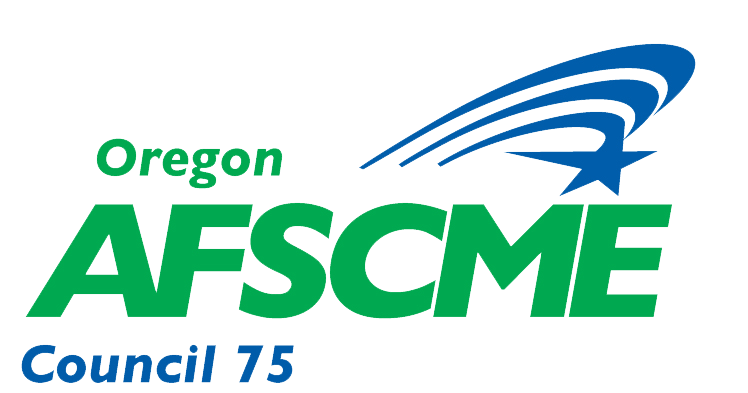Earlier this month the 2018 Short Session came to an end. While the session will mainly be remembered for what did not happen (Cap and Invest), there are some important things to inform you about.
PERS:
First things first, none of the bills that would negatively impact PERS passed. HB 4131 tried to limit member’s legal rights to future retirement earnings. SB 1561 had a number of provisions including limiting collective bargaining and the amount of money public employers can spend and devote to PERS. These regressive bills did not even get a hearing, that’s a big win!
However, there were two good PERS bills that passed. The first was HB 4159 which was an AFSCME bill sponsored with SEIU, OEA, and public sector unions. This bill has to do with your Individual PERS account called an IAP. Recently, it was decided that members’ IAP will be invested in a way that would shift the investment more toward stable bonds the closer you get to retirement to decrease the risk to your IAP. Our bill allows members to opt out of this investment profile and keep their money in a higher risk account that could have more reward and also set their retirement age so their investment is more flexible. This is a win for people who wanted more options for their retirement.
SB 1566 was a bill sponsored by the Governor. We liked this bill because it treats the issues around PERS not as a benefit problem but a problem of debt. The bill sets up an account to allow school districts to lower their PERS debt without decreasing benefits. It is not a “fix” for PERS but it will help decreasing employer rates by lowering the debt.
SB 1060/PEBB/OEBB Double Coverage:
In the 2017 Session, the legislature eliminated double-coverage for families where both spouses are covered by PEBB or OEBB. That means that only one person is allowed to be covered and the other spouse cannot use their health insurance. This was an unfair attack on benefits. Worse of all, there was no hearing concerning this provision of the bill and it was slipped into the bill at the last moment. We tried to reform this with HB 4123. It would have grandfathered in all current employees and also allow children to be double covered by both parents. The bill did not pass but we had a good hearing and we will try again in 2019 session. Luckily the double coverage roll back does not start until 2020 so we have time.
Prescription Drugs Pricing Transparency:
The cost of prescription drugs has been skyrocketing for a decade. Those costs have been absorbed by members, our employers budget, and by the public at large and the negative impact has been big. The good news is after two sessions of work HB 4005 has finally passed. The bill will impose substantial new state reporting on pharmaceutical manufacturers regarding drug pricing. Additionally, it imposes new reporting requirements on health insurers and establishes a temporary task force tasked with developing a strategy to deal with pricing transparency throughout the supply chain.
This is just a first step but by having this information Oregon will hopefully be able to look at how to reign in some of the skyrocketing cost on drugs in an effective way.
Elections:
One bill that we were able to help pass was SB 1510. This bill protected the current ballot measures system and made clear what type of voter information will be open to the public. There was a recent move to allow signature gathers to collect signatures without using the official ballot title. This bill made it clear that in order to gather signatures you need to have the official ballot title. It also limited the information that can be given from the voters roll to only what is necessary to make sure voters can be contacted and if they have voted. This will protect people’s privacy.
Revenue:
The only real movement around revenue this session dealt with Trump’s Federal Tax Cuts. In Oregon, our State income taxes are tied to the federal taxes. They mirror them. If Federal income tax policy changes, our state’s income tax policy changes with it. There is a great deal of uncertainty around the recent Federal income tax cuts. Due to that uncertainty, the Oregon legislature disconnected our state’s income taxes from the federal tax cuts. This will allow the State to determine how to react to tax policy changes, instead of just being stuck with what the Feds decide. We support SB 1529 and believe that we should be cautious around changes to revenue as it directly impacts jobs for our members and the quality of services they provide.

